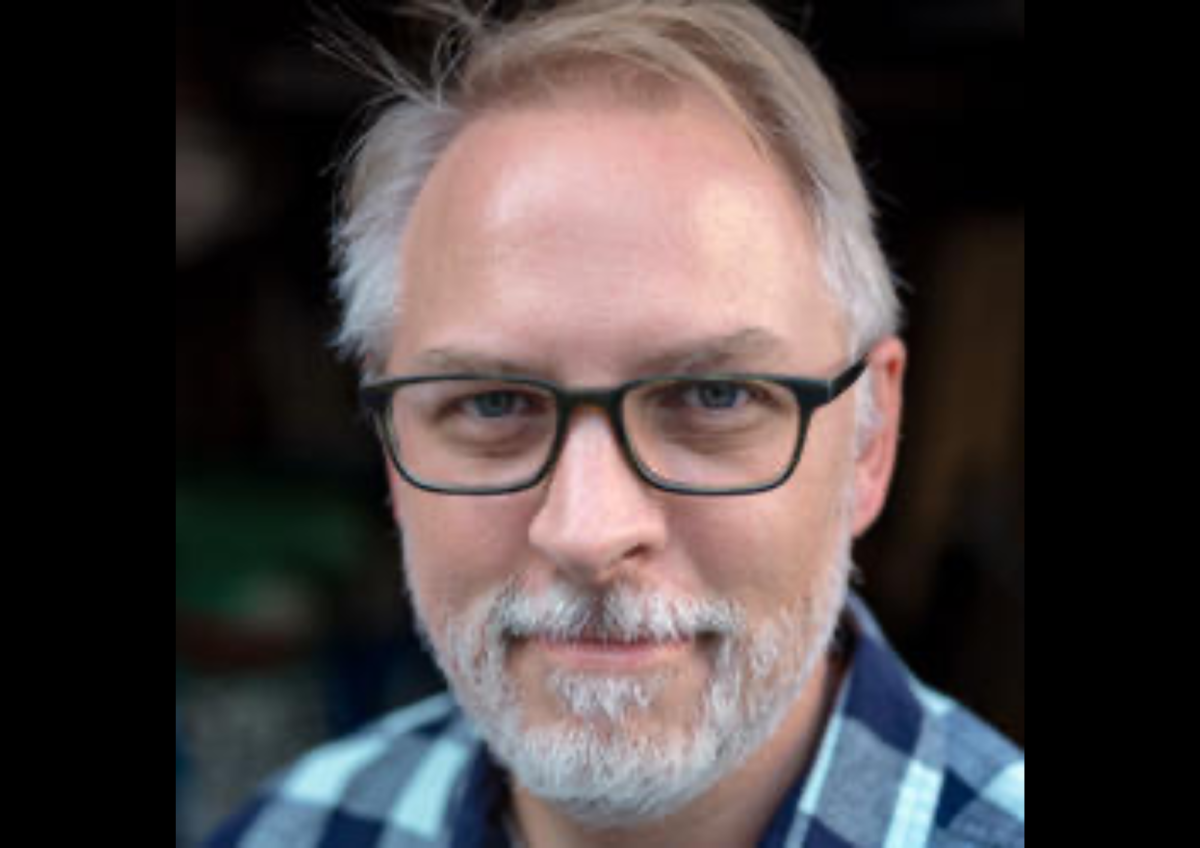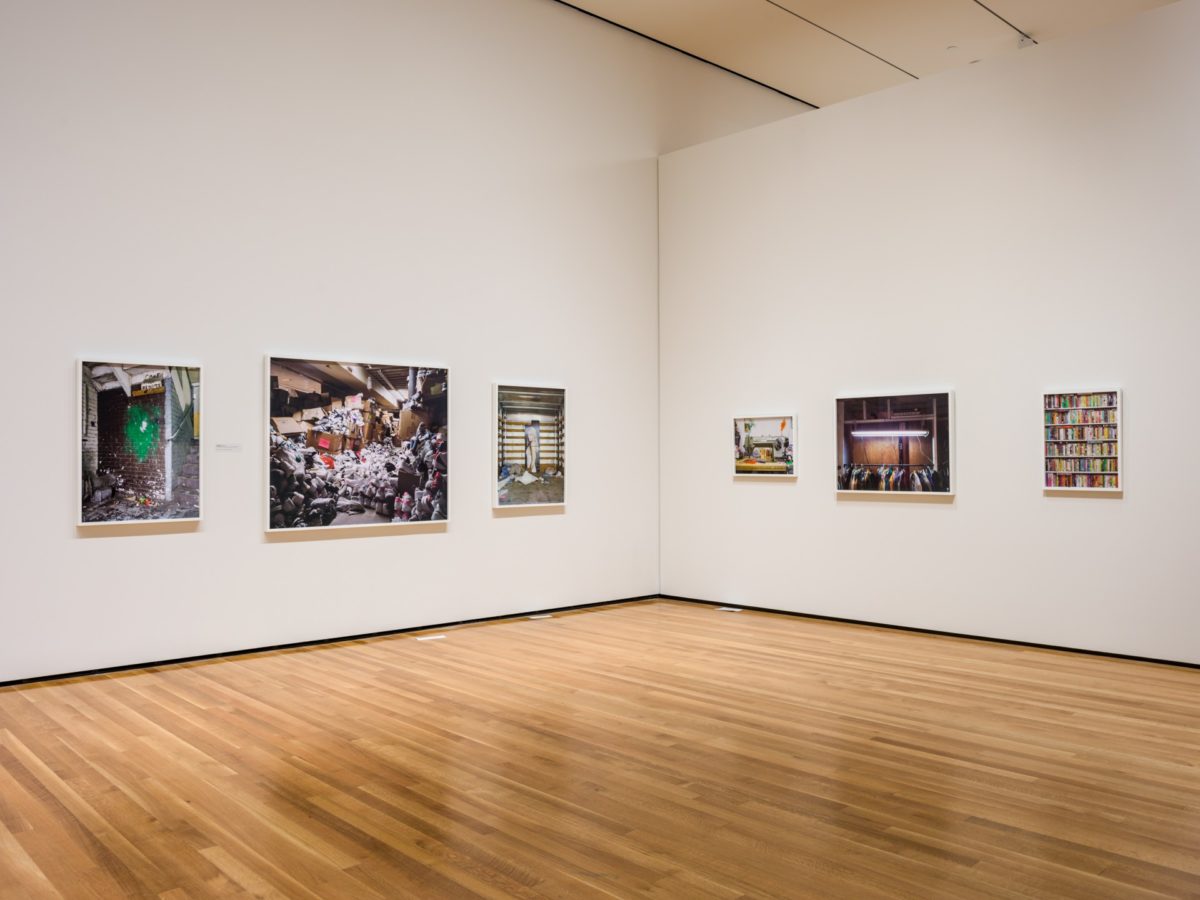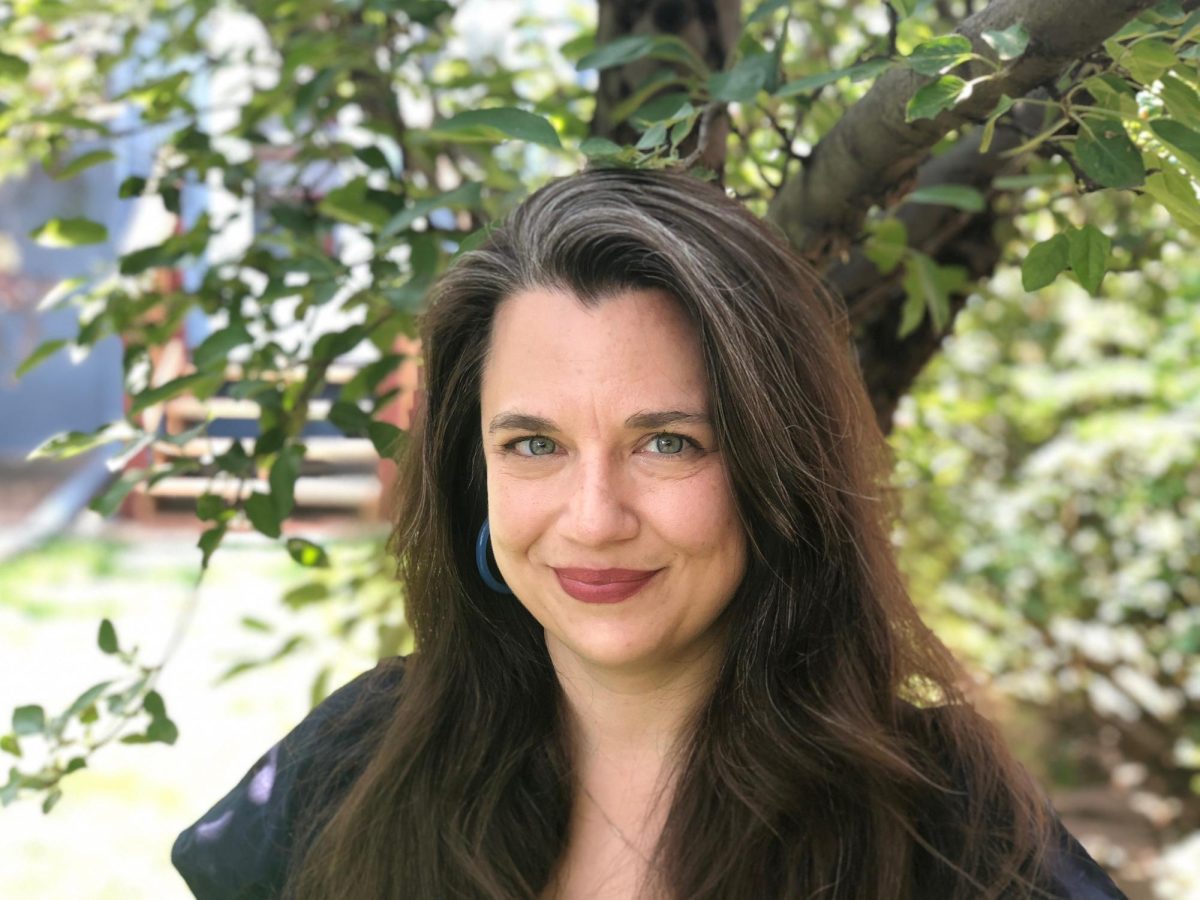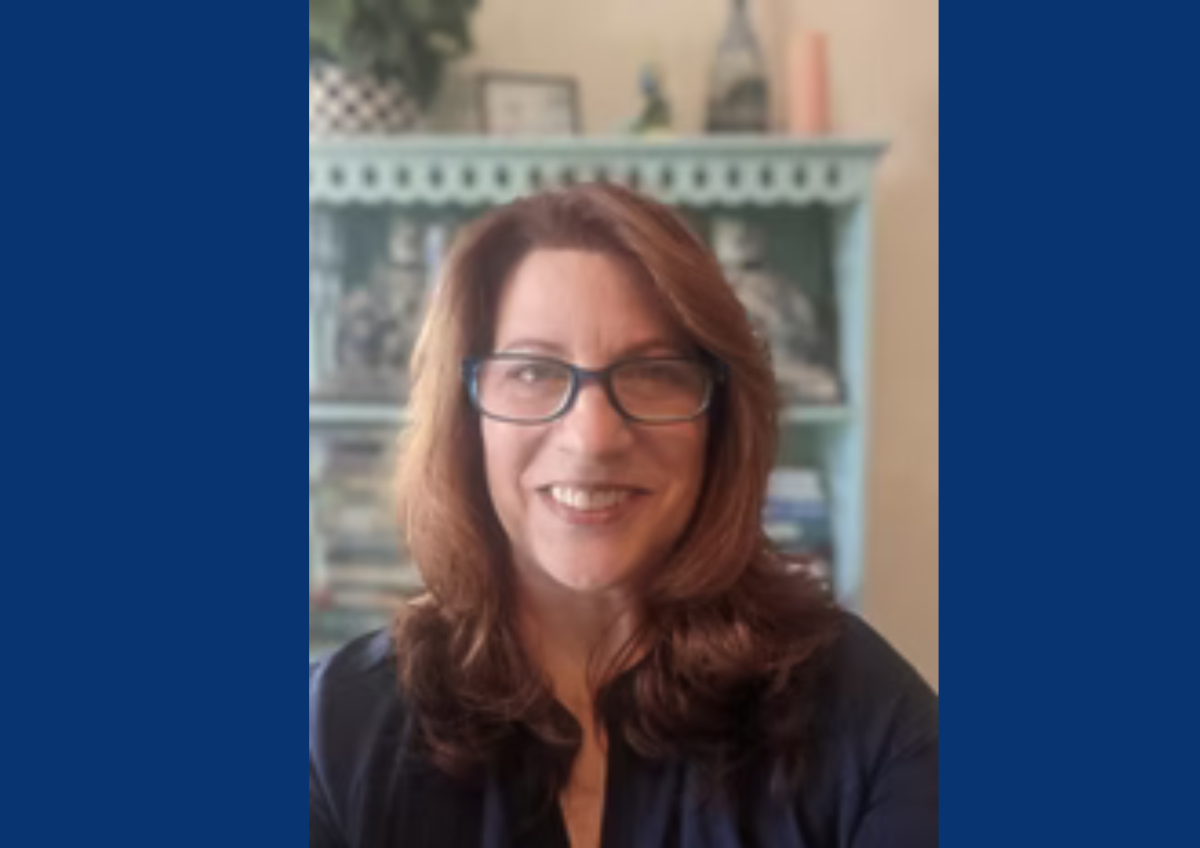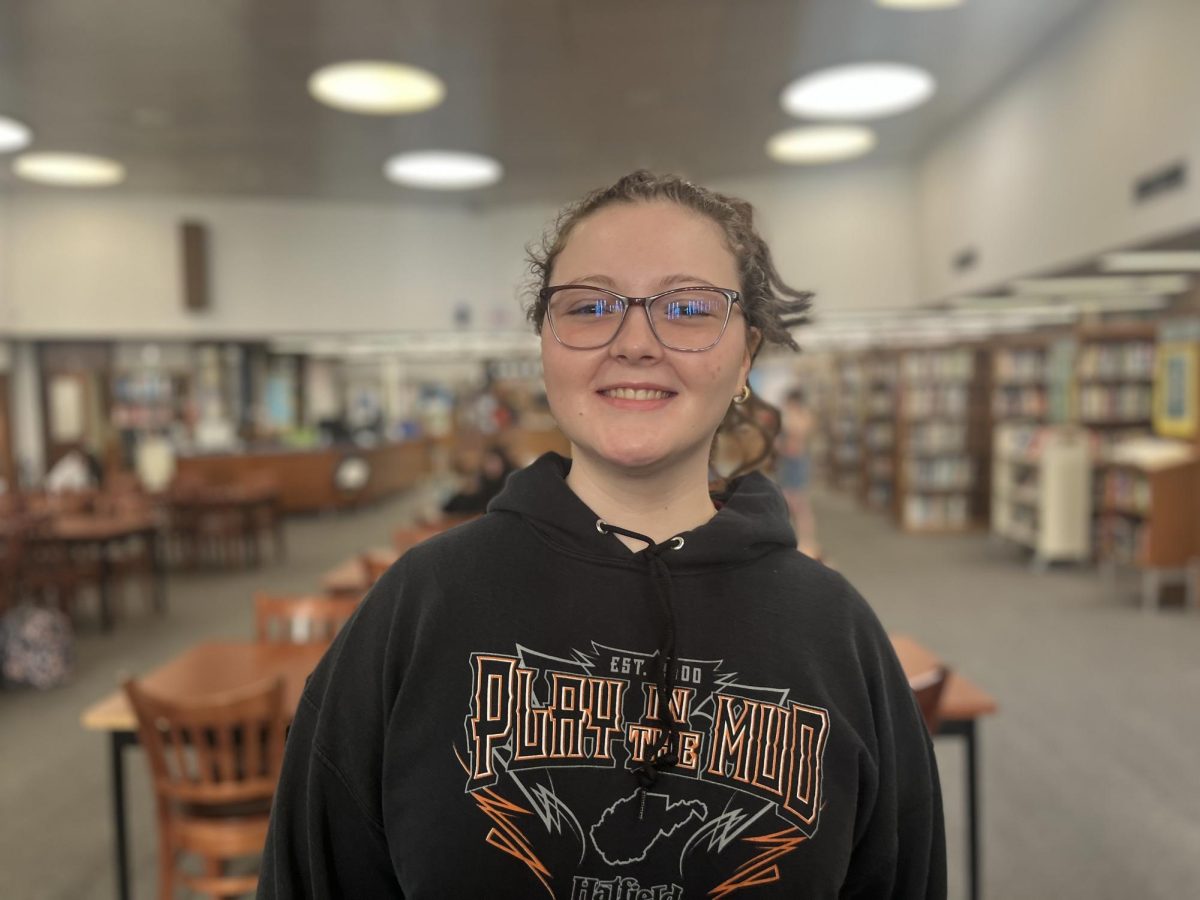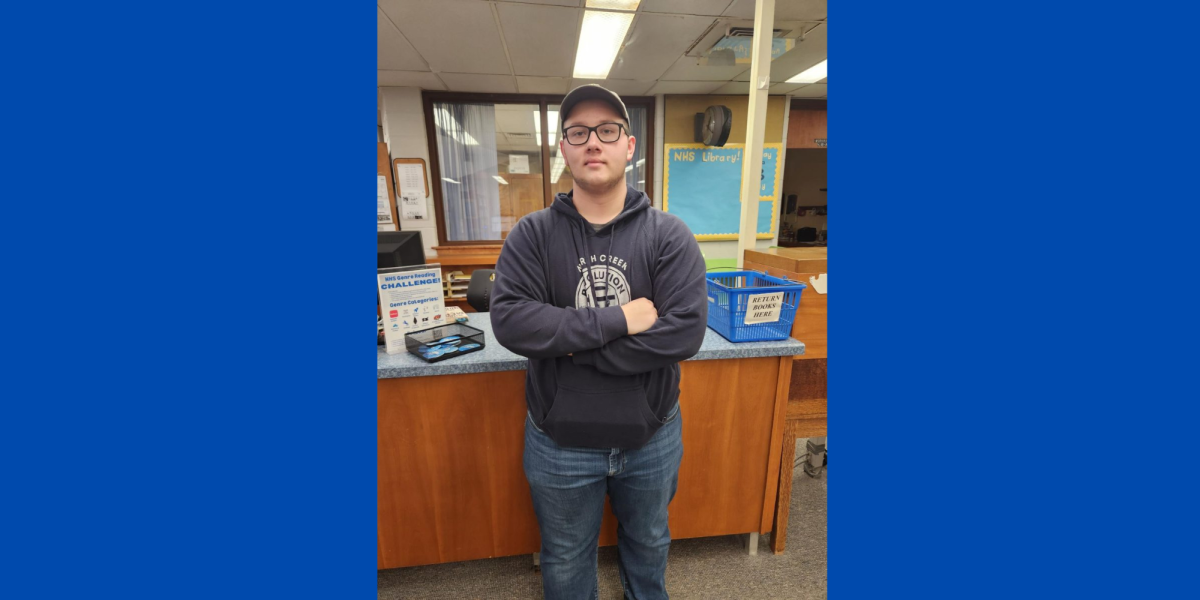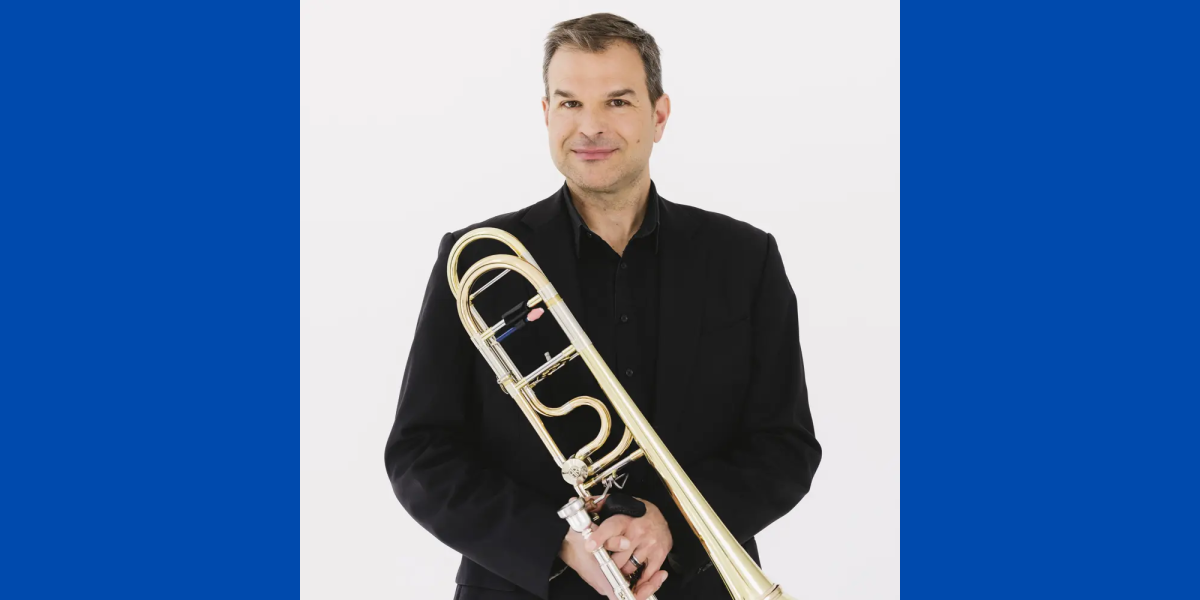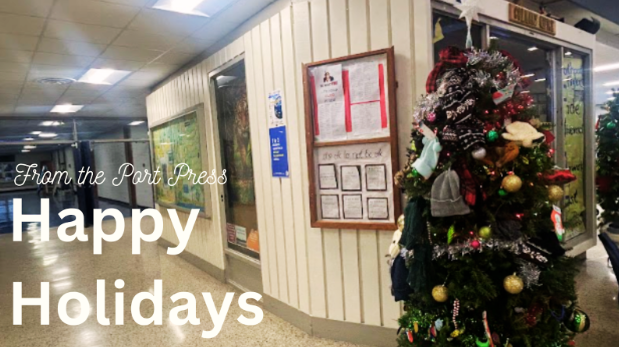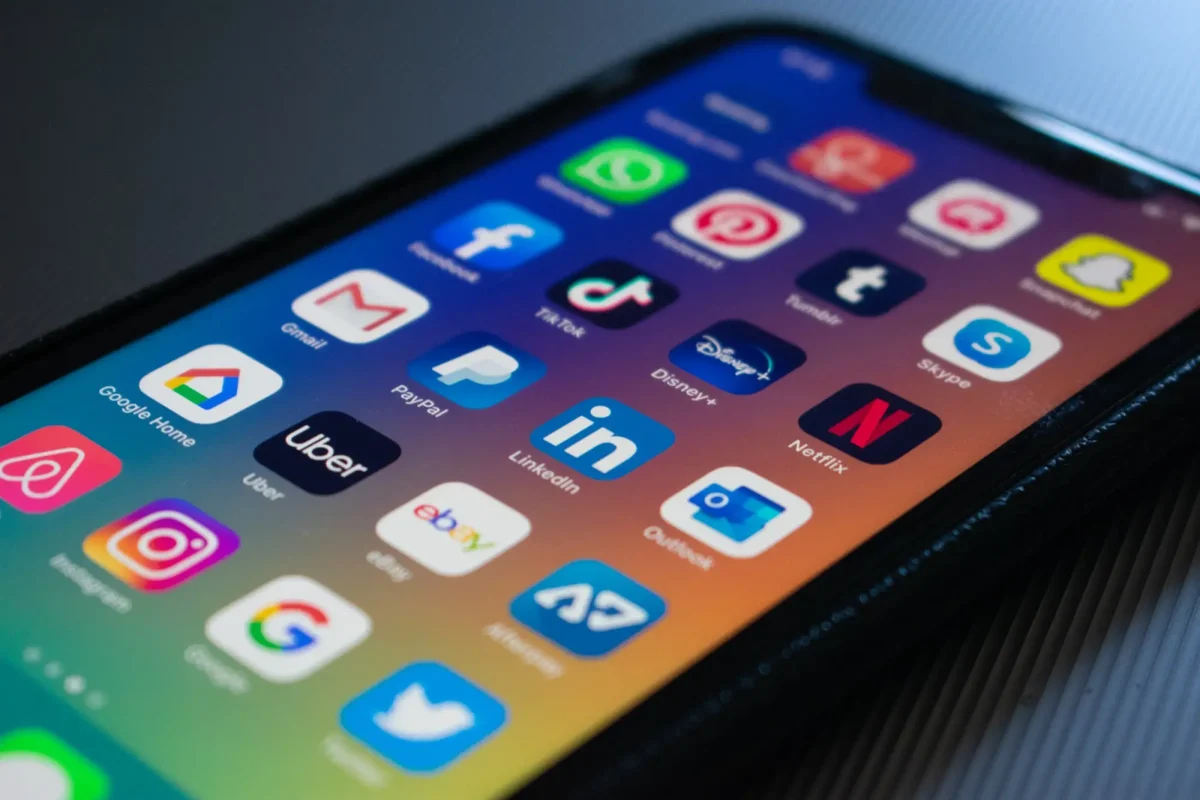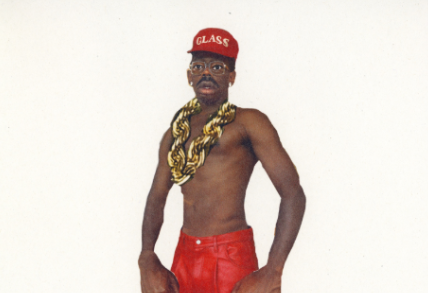Over the years, many people have walked the halls of Northport High School and gone on to be successful, inspiring individuals. One of these individuals is Brian Ulrich, an alumnus of Northport High School and an award-winning photographer. His work has been shown at the Art Institute of Chicago and the MoMA among others. He is also an associate professor of photography at the Rhode Island School of Design. We sat down to ask him what his time in high school was like and how it impacted him today…
If you were teleported to NHS right now, what would be the first place you would go?
I would be really curious to see the state of the art and media classrooms. Those would be where I spent a ton of time. The other spot is of course just revisiting a lot of the spaces that we used to spend a lot of time in, which were also the library, which was really crazy and fantastic.
We had a group of kids that we all hung out with [at] a group of lockers next to the stairs. One of our friends named Dave had a locker there and for whatever reason that was the place that we all ended up hanging out. It seems silly, but definitely nostalgic for Dave’s locker. I think we even at one point made a Facebook group of all those people that was just called “Dave’s Locker” and continued the history of camaraderie that happened today.
I don’t know if it’s still there, but there was a little bookstore, but they sold candy, and it was right near where Dave’s Locker was… and that was the place that we frequented to get our share of sugar and fructose corn syrup and all that good stuff.
When you attended NHS, what was your favorite class? Favorite teacher?
One was Thomas Driscoll who taught creative writing. There’s a whole long story about Mr. Driscoll. On the first day of class, he asked us to write about one of the most impactful days of our lives. I wrote this really intense and heavy essay. He liked it so much that he saved it. Several years ago, I was giving a lecture in New York City at a photography publishing company. It was a public lecture. I finished the lecture and after the lecture, the guy came up to me. He was like, Brian, do you remember me? I looked at him and it was Mr. Driscoll many, many years later. He saw that the lecture was happening and remembered me and showed up and it was a wonderful way to reconnect. He also followed up by sending me that essay that I wrote all these years later. Of course, it was just great to reflect back on that stuff.
I think one of the things about the creative writing class with Mr. Driscoll was that it was the first time that I was encouraged to really, in a very kind of unfiltered way, to just express myself. And there wasn’t this emphasis first on, here’s how to write correctly, or here’s what one should say. Here’s the kind of technical structure of what writing should be. We really just started with a basic kind of expression. And for me that was huge, just because it helped me to kind of define and feel confident about having a voice and having a kind of message behind the things that I was saying. That obviously had a huge influence on me as an artist, later as a musician and as well as a teacher.
Other teachers were Robert Montanero, who passed away. Robert taught film and video. He was just a wonderful spirit, encouraging, and very, very positive. He brought a bunch of us to one of the first pride and AIDS walks in New York City together. A bunch of us went with Robert and kind of walked in that march, which was fantastic. Richard Nunziato taught art. He had a huge impact on me. And then finally, Peter White taught this amazing class. It was a social studies class, but it was just called Cities and it was really just a class about learning how to know the history of AIDS.
According to our research, you went to high school during the time when the 9th graders were moved from the middle school to the high school… What was that like?
It was actually super cool because I was part of skater BMX, punk rock, and groups of kids, and we were definitely outcasts and misfits. But what happened was when the 9th graders came to the high school, a lot more of them were also into the same stuff. So it was actually super cool that we kind of grew our kind of gang of weirdos very quickly with the arrival of 9th graders. And it was also encouraging that we weren’t just some kind of weird anomaly, but that a lot of younger kids were into the same kind of music, stuff, and art that we were into.
I think the reason being is because the high school is a big high school, so there’s a ton of students. And what happened, at least when we were there and I’m sure is still happening, is that there are these kinds of very specific cliques and groups that kind of form and socialize, and we were already on the outside of that. So we were mostly excited to meet other people who were into or had kind of similar interests. We didn’t really kind of get into the dynamics of seniors versus freshman or sophomore. It didn’t really matter. We were just happy to find like-minded people who shared interests and wanted to do stuff and accomplish things that were not necessarily the typical experience of a high school student. So, yeah, it’s funny, because I meant that stuff has probably always been there, but that was actually one of the reasons that we kind of liked our little strange locker area is because we weren’t committed to these weird wells that were very much kind of based on a hierarchy of a senior has kind of authority over other students. And that just seems very silly.
Were there any specific moments at Northport High School that have shaped who you are today?
I would say that a specific experience was in my senior year we had the variety show and my friend who was a sophomore, same as Victor and Selmi and I, we did a BMX performance in the variety show to music. And it was just this fantastic moment because it was like a rock concert. I mean, people just were completely blown away and floored by what we were doing. And it was a lot of the same people that wouldn’t have given us the time of day under any other circumstance. This is 1989, so this is far before X Games or any of that stuff. It was the same thing which is committing yourself to doing something that doesn’t necessarily fit within the boundaries of what other people are doing can actually pay off. And that was a nice little experience of that. It was kind of a great way to finish high school.
I think we were of an era where we kind of had to make things happen for ourselves because a lot of things hadn’t been done before. Meaning if we wanted to go to New York City, we had to figure out how to go to New York City and where to go and who to be with and wanted to create opportunities for ourselves. There were no skate parks. There was none of that stuff. So we constantly had to invent things for ourselves. And of course, that was actually a really important skill that still is a part of certainly my kind of artistic practice today and certainly something I try to impose on students as well. Or kind of inform people. A big part of being an artist or being a creative person or really being many kinds of professionals requires a lot of initiative on your own self. It’s just figuring out how to make things happen and oftentimes it’s things that you don’t have much experience with but you just have to figure it out. And again we were fairly resilient that way, it seemed.
1989 was a very specific time. It wasn’t that long after the awful, crazy murders that happened. And I think also our generation of students were in many ways a kind of reaction to that era in terms of staying away from drugs and alcohol and, again, kind of trying to reinvent our own realities. It was, like, a very specific time. It’s hard not to think about all that stuff every time I go back to visit.
What would you say to your high school self?
It’s funny because my kids are now eleven and thirteen so they’re getting to the same kind of age. I literally was just having this conversation with one of my kids that the trick is to kind of own who you are and own your identity. And it’s hard because this is a young person, you feel like there’s all these parts of you that are different and weird and don’t necessarily conform. I think the biggest thing is to figure that out. A big part of the high school experience for a lot of kids is just kind of developing a sense of self but also owning the fact that the experience is going to change. You should embrace taking risks and chances and trying new things and that you don’t have to be defined by one type of persona that you have. I think that’s just a really important thing that can actually be incredibly helpful as you move into your adult life as well.

